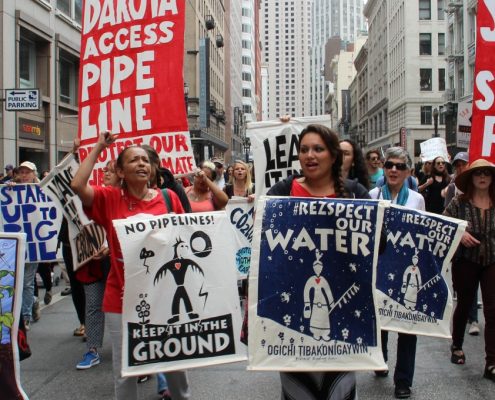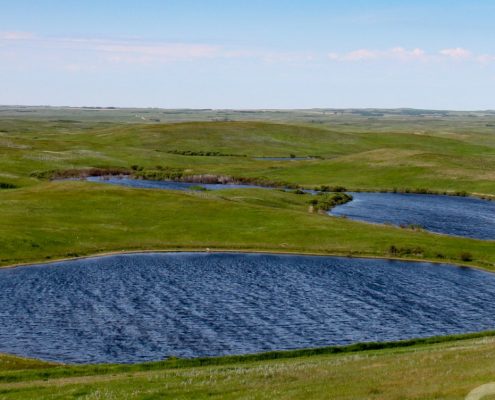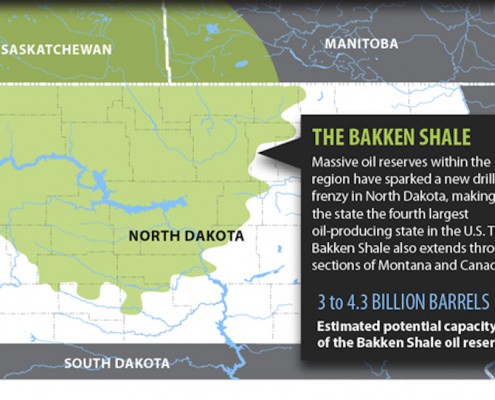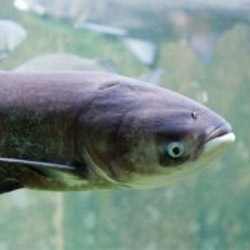Posts

Halt to Dakota Pipeline Is Part of International Resistance to Water Threats
At frontlines, fossil fuel transport and production infrastructure opposed worldwide.

Slideshow: Water On The Prairie
North Dakota’s prairie pothole wetlands are under threat from rapid oil and agricultural development.

Election 2014 Recap: Voters Mostly Say ‘Yes’ to Water Spending
easures passed in California, Florida, and Maine, while North Dakota voted against conservation fund.

The Stream, December 5: Typhoon Triggers Floods, Leaves Trail of Destruction
0 Comments
/
At least 283 people have died in the Philippines following the…

The Stream, June 13: Land Grabs Threaten Africa’s Water
Large-scale foreign investment in Africa's farmland is a threat…

The Stream, February 27: The U.S. Shale Oil Boom
Energy
The shale oil boom in the United States is putting a…

The Stream, January 26: The Shale Boom and the Economy
The International Energy Agency will make shale gas recommendations…

The Stream, January 18: Commercial Agriculture Displaces Ethiopians
Agriculture
The Ethiopian government is relocating thousands…

Advance of the Invader: Asian Carp Continue March to Northern Waters
Live carp have been found in North Dakota and past the electric barriers in Chicago. As the carp push forward, Michigan and other Great Lakes states are once again asking the U.S. Supreme Court to speed up action to stop the advance of the invader.

The Stream, October 14: Asian Carp Reach North Dakota
Invasive Asian silver carp are in North Dakota for the first…

Coal Conversion in the Rust Belt: Will It Be a Diamond for Small Ohio River Town?
An energy company has plans to withdraw water from the Ohio River, the potential site for a coal-to-liquid fuels conversion plant, which would be the first of its kind in the United States and the sixth in the world. Though it will bring jobs to the region, the proposal is facing strong opposition from environmental groups.

Infographic: North Dakota’s Rise To Domestic Oil Royalty
North Dakota has become the number four oil producing state—but at what cost to its water supply?


